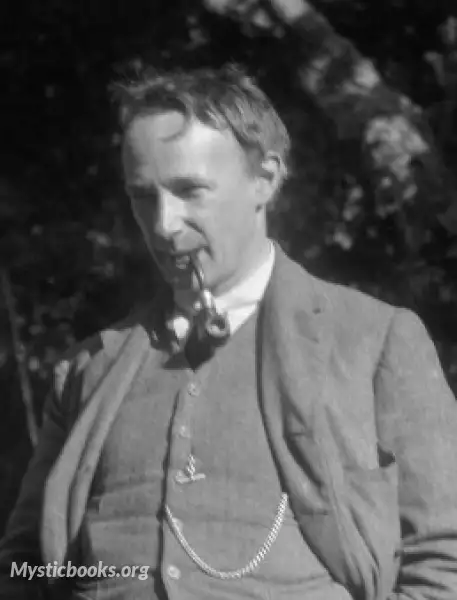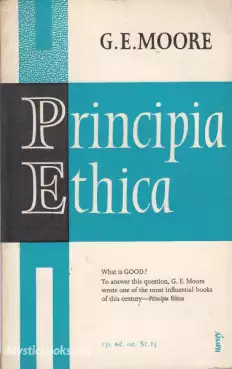
Timeline
Title
Country/Nationality
George Edward Moore
George Edward Moore was an English philosopher, who with Bertrand Russell, Ludwig Wittgenstein and earlier Gottlob Frege was among the founders of analytic philosophy. He and Russell led the turn from idealism in British philosophy and became known for advocating common-sense concepts and contributing to ethics, epistemology and metaphysics. He was said to have an "exceptional personality and moral character". Ray Monk later dubbed him "the most revered philosopher of his era". As Professor of Philosophy at the University of Cambridge, he influenced but abstained from the Bloomsbury Group. He edited the journal Mind. He was a member of the Cambridge Apostles from 1894 to 1901, a fellow of the British Academy from 1918, and chaired the Cambridge University Moral Sciences Club in 1912–1944. As a humanist, he presided over the British Ethical Union (now Humanists UK) in 1935–1936.
George Edward Moore was born in Upper Norwood, in south-east London, on 4 November 1873, the middle child of seven of Daniel Moore, a medical doctor, and Henrietta Sturge. His grandfather was the author George Moore. His eldest brother was Thomas Sturge Moore, a poet, writer and engraver.
He was educated at Dulwich College and in 1892 went up to Trinity College, Cambridge, to read classics and moral sciences. He became a Fellow of Trinity in 1898 and went on to hold the University of Cambridge chair of Mental Philosophy and Logic from 1925 to 1939.
Moore is best known today for defending ethical non-naturalism, his emphasis on common sense in philosophical method, and the paradox that bears his name. He was admired by and influenced among other philosophers, and by the Bloomsbury Group, but unlike his colleague and admirer Russell, who for some years thought he fulfilled his "ideal of genius", mostly unknown today outside of academic philosophy. Moore's essays are known for their clarity and circumspection of writing style and methodical and patient approach to philosophical problems. He was critical of modern philosophy for lack of progress, which he saw as a stark contrast to the dramatic advances in the natural sciences since the Renaissance. Among Moore's most famous works are his Principia Ethica, and his essays, "The Refutation of Idealism", "A Defence of Common Sense", and "A Proof of the External World".
Moore was an important and admired member of the secretive Cambridge Apostles, a discussion group drawn from the British intellectual elite. At the time another member, a 22-year-old Bertrand Russell, wrote, "I almost worship him as if he were a god. I have never felt such an extravagant admiration for anybody," and would later write that "for some years he fulfilled my ideal of genius. He was in those days beautiful and slim, with a look almost of inspiration as deeply passionate as Spinoza's".
From 1918 to 1919 Moore chaired the Aristotelian Society, a group committed to systematic study of philosophy, its historical development and its methods and problems.
- E. Moore died at the Evelyn Nursing Home on 24 October 1958. He was cremated at Cambridge Crematorium on 28 October 1958 and his ashes interred at the Parish of the Ascension Burial Ground in the city. His wife Dorothy Ely (1892–1977) was buried there. Together they had two sons, the poet Nicholas Moore and the composer Timothy Moore.
Books by George Edward Moore

Principia Ethica
Principia Ethica is a book, in which the author insists on the indefinability of "good" and provides an exposition of the naturalistic fallacy. Principia Ethica was influential, and Moore's arguments were long regarded as path-breaking advances in mo...